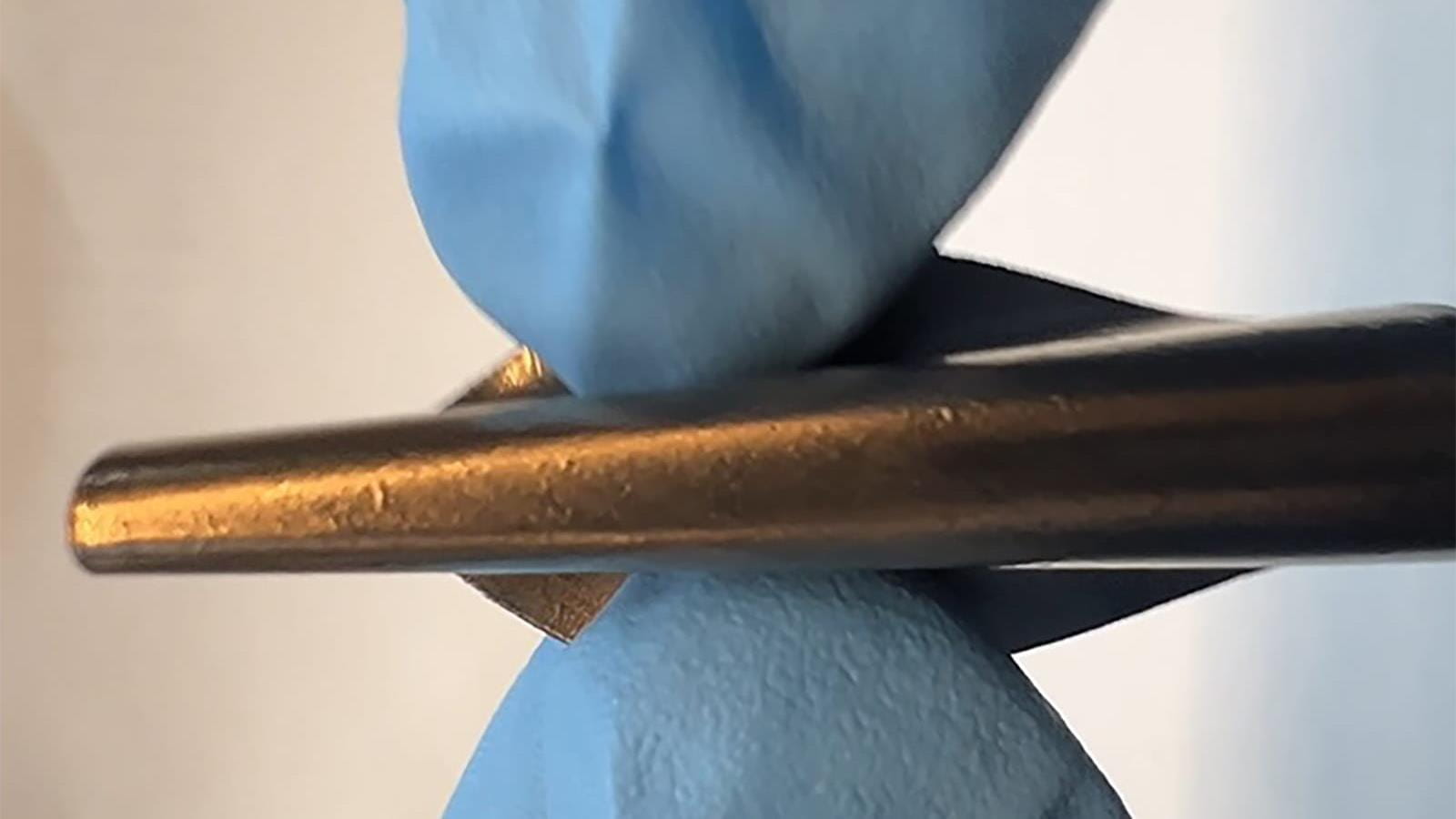Q&A with Ibrahim Bakir: The Co-op Interrupted by a Coup

Caution is a necessary safeguard in a city on the front line of a revolution. And it is a revolution, not a coup, says Bakir.
Bakir, 18, is a mechanical engineering student at Drexel University and an Egyptian national. For the past four months, he has been living with his parents in Cairo while completing a six-month co-op as a trainee in a Johnson & Johnson factory in 6th of October City, a suburb of Cairo.
While splitting his studies between Egypt and Philadelphia over the past two-and-a-half years, Bakir has observed at close range the dizzying sequence of uprisings and military interventions that routed former President Hosni Mubarak, established elections last year and on July 3 deposed new President Mohammed Morsi.
His parents’ home is just 10 minutes from the presidential palace and five minutes from Rabaa al-Adawiya mosque, where pro-Morsi protesters are currently encamped. To get to work, he must go out of his way to skirt Tahrir Square.
Bakir is optimistic about Egypt’s future, but uncertain what recent events mean for Egypt’s present.
In an interview with DrexelNow, he described life in Cairo, the fragility of Egyptians’ trust in their leaders and the powerful role that U.S. news coverage has had in influencing — and complicating — the movement’s momentum.
What has life been like in Cairo since Gen. Abdel Fattah al-Sisi removed Morsi on July 3?
It’s generally safe because the army now has lots of tanks and officers on the road. The revolution affects us mentally but, thank God, neither me nor anyone I know has been affected physically. Basically, you know where the revolutionaries are going to be, so just don’t go near them. But sometimes it’s very stressful. The police are scared; everybody is tense and people are angry, the weather is hot, and literally anything could spark a huge fight.
Changes have happened head-spinningly fast. Mubarek was gone in a couple of months, then protests turned against the military, now Morsi is out. What does Egypt want?
Egypt is now divided. The Muslim Brotherhood thinks there’s a conspiracy against them; others think the Brotherhood would have destroyed Egypt. I’m at the point now where I don’t know who to believe because it’s all just words. Only the future will tell. If the next people in charge work out, and there are good elections and the next president is good and the second revolution is a success, thank God for it. If not, we still don’t know what will happen.
What’s your opinion of the U.S. media’s coverage?
How Americans think affects Egypt a lot. In Egypt, America is a big thing, it’s one of the main supporters of Egypt, so it matters a lot to the people in the streets. The half involved in the revolution who are anti-Morsi, they are surprised American news isn’t backing them like in the first revolution, especially CNN.
On the other hand, the pro-Morsi people see Americans agreeing with them, so they think, “We’re thinking in the right direction.” It’s like when a small boy has an opinion and then an older, wiser man agrees. It is putting some wind under their sails, it’s motivating them and they feel they’re right, so they keep thinking that way.
For Americans, it’s hard to see the military removal of an elected president as a democratic movement. How do you view it?
The soldiers are all of us, they’re my cousins, my friends, all of the citizens in Egypt. Egypt could be a military-controlled country, which would be OK with me because we know who the military are; we know they are one entity together. After the first revolution, the military was in power for a while and very bad things happened. But Gen. Sisi gave Morsi a 48-hour ultimatum, and after that he came out with a speech and said this is to help the people of Egypt. People believed this was him saying, “I’m sorry about the past; we’re going to give you a successful revolution, and the people will rule.” Sisi gave the speech and then he left and let others talk. That was a smart move. I trust him right now, but we’ll see.
In This Article
Drexel News is produced by
University Marketing and Communications.
